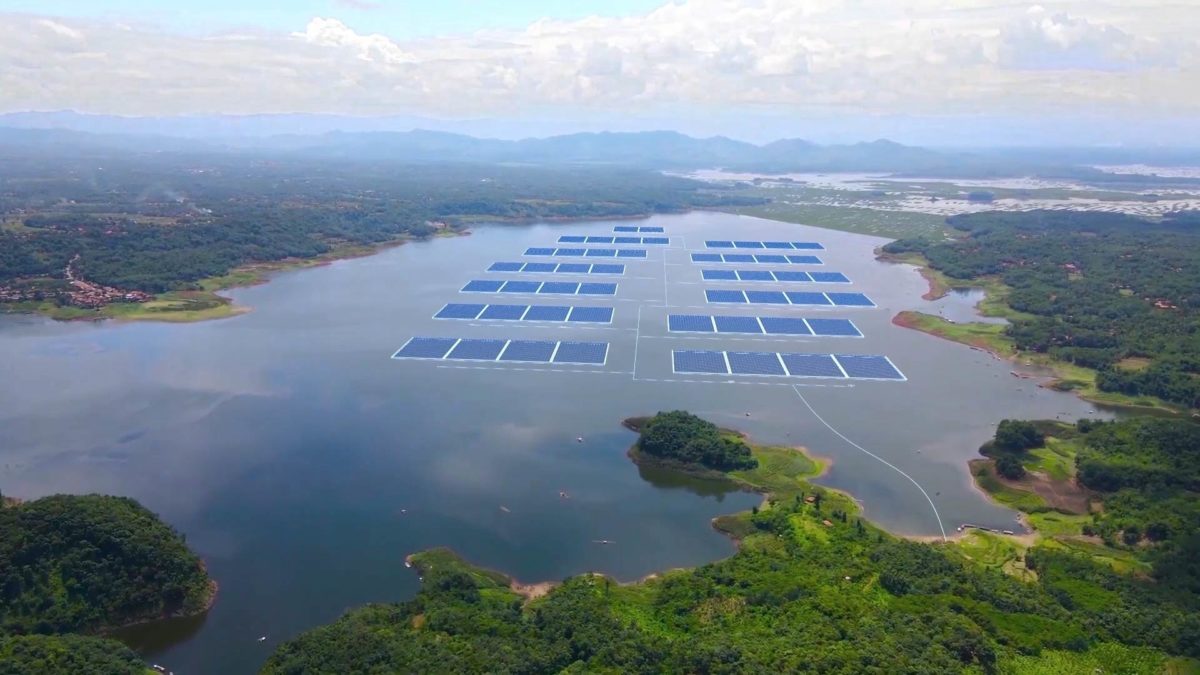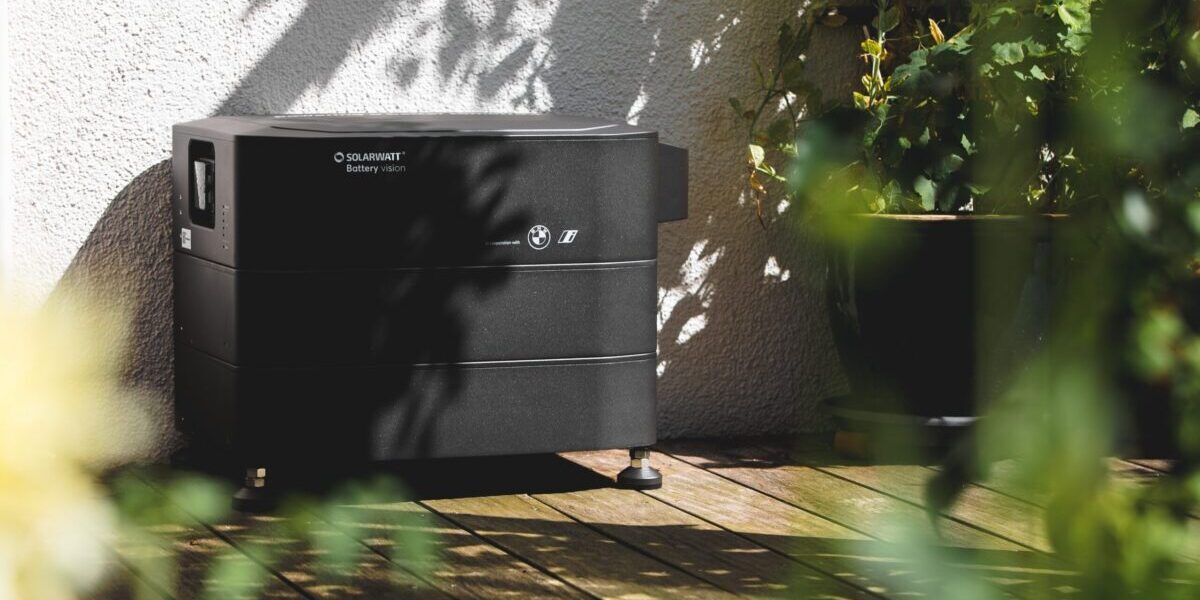Masdar, the state-owned renewables company of the United Arab Emirates, has signed a memorandum of understanding with Singapore-based Tuas Power, French energy group EDF, and Indonesian state-owned utility PT Indonesia Power to explore the development of renewable energy in Indonesia for export to Singapore.
The Emirates News Agency (WAM) reported that the partnership will investigate the development of 1.2GW of solar and potential storage facilities.
Masdar has already gained experience in developing renewable energy projects in Indonesia. It entered the market in 2020 by forming a joint venture with PT PJBI, a subsidiary of Indonesia’s state electricity company, to drive the development of the 145MW Cirata floating PV array in West Java – the country’s first project of the kind. Financial close on the project was announced last August, and it is expected to begin commercial operations in the fourth quarter of this year.
The UAE-based developer is a newcomer to the consortium, which was established by the three other stakeholders last September. Tuas Power, EDF Renewables and PT Indonesia Power initially signed a memorandum of understanding that included a proposal for 1GWp of solar PV, feasibility studies in Indonesia and grid connection to Singapore, as well as the development of technical solutions to address issues of supply intermittency and transmission stability.
Last year, Singapore made a commitment to import up to 4GW of low-carbon electricity by 2035, which would translate to 35% of its total supply. Currently, about 95% of Singapore’s electricity is generated from natural gas. Thus far, several moves have been made to drive the island-city state toward importing green electricity, in a bid to diversify supply and boost energy security.
In November, the nation’s Energy Market Authority issued a request for proposal to select suppliers to import and sell around 1.2GW of electricity into Singapore. In a speech at Singapore Energy Week last year, Trade and Industry Minister Gan Kim Yong said the plan was to issue two requests for proposals: 4GW of low-carbon electricity imports and then 2.8GW, which is expected in the second quarter of this year.
This content is protected by copyright and may not be reused. If you want to cooperate with us and would like to reuse some of our content, please contact: editors@pv-magazine.com.




1 comment
By submitting this form you agree to pv magazine using your data for the purposes of publishing your comment.
Your personal data will only be disclosed or otherwise transmitted to third parties for the purposes of spam filtering or if this is necessary for technical maintenance of the website. Any other transfer to third parties will not take place unless this is justified on the basis of applicable data protection regulations or if pv magazine is legally obliged to do so.
You may revoke this consent at any time with effect for the future, in which case your personal data will be deleted immediately. Otherwise, your data will be deleted if pv magazine has processed your request or the purpose of data storage is fulfilled.
Further information on data privacy can be found in our Data Protection Policy.